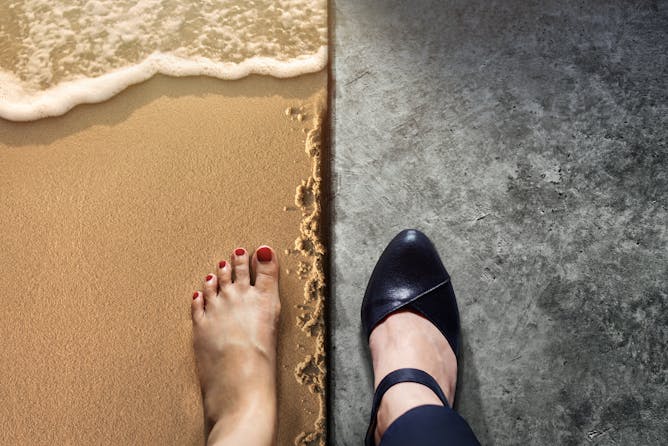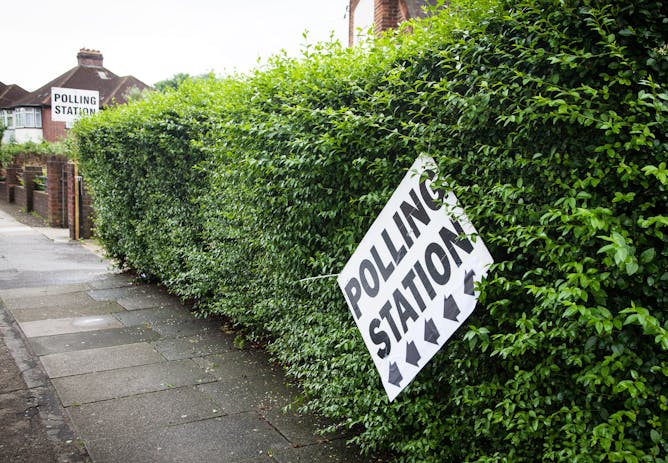|
|
|
|
A ‘great resignation’ is underway, according to labour market experts. Workers are packing up and moving on in record numbers, and even those who aren’t seem emboldened to request more flexibility from their employers. It’s as if all those months we spent reflecting on the future, and the lives we might want to lead when the pandemic recedes, have finally crystallised into action.
But what should that action look like? Many people would turn to the work-life balance as a guide, yet doing so pits work against leisure, implying that one is a source of torment and the other a source of compensatory joy. As psychologist Lis Ku explains, the pleasure-focused hedonic form of happiness has a lesser-known cousin, and understanding this different type of contentment might be the key to rebalancing our lives for the better in the wake of the
pandemic.
Elsewhere, new research shows that getting fully vaccinated with both jabs means, if you’re unlucky enough to catch COVID, your chances of developing long-lasting symptoms is cut by a reassuring 50%. And two political scientists have identified the reasons behind the decline in global voter turnout that’s been taking place since the 1960s.
|

|
Alex King
Commissioning Editor, Science + Technology
|
|

Black Salmon/Shutterstock
Lis Ku, De Montfort University
Tipping the scales away from work may not be the wisest way to recalibrate your work-life balance.
|

Studio Romantic/Shutterstock
Claire Steves, King's College London
Want to avoid long COVID? Get vaccinated.
|

Shutterstock
Filip Kostelka, University of Essex; André Blais, Université de Montréal
Across the world, people have become less likely to take part in elections in recent decades.
|
Environment + Energy
|
-
Suzanne Bartington, University of Birmingham; Roy Harrison, University of Birmingham
The World Health Organization has halved its recommended limit for particulate pollution.
-
Mick Hanley, University of Plymouth
Prickly hedges capture large amounts of carbon dioxide, and are great homes for insects.
-
Dave Little, University of Stirling; Richard Newton, University of Stirling
Eating fish is good for the planet, say a set of new reports.
-
Ian Williams, University of Southampton
A high court judge said the Environment Agency was failing to fulfil its legal duty to protect the public.
|
|
Arts + Culture
|
-
Beth Johnson, University of Leeds
British TV is at its best when representing the modern reality of the country.
-
Neo Lekgotla laga Ramoupi, University of the Witwatersrand; Andre Odendaal, University of the Western Cape
Robben Island Museum aspired to be part of the reconstruction and development of the national soul.
|
|
Politics + Society
|
-
Robert Hesketh, Liverpool John Moores University
Some areas of Merseyside have more children at risk from gangs than in London. So why isn’t it studied more?
|
|
Health + Medicine
|
-
Albert J.R. Heck, Utrecht University
New discovery could help scientists develop more targeted drugs and vaccines.
|
|
Science + Technology
|
-
Milan Andrejević, The University of Melbourne; Daniel Feuerriegel, The University of Melbourne; Luke Smillie, The University of Melbourne
There are many ways to decide what’s ‘fair’ in a given situation. Which one you prefer may depend on what kind of person you are.
|
|
| |
Featured events
|

|
— The University of Manchester, Oxford Road, Manchester, Manchester, M139PL, United Kingdom of Great Britain and Northern Ireland — University of Manchester
|

|
— The University of Manchester, Oxford Road, Manchester, Manchester, M139PL, United Kingdom of Great Britain and Northern Ireland — University of Manchester
|

|
— The University of Manchester, Oxford Road, Manchester, Manchester, M139PL, United Kingdom of Great Britain and Northern Ireland — University of Manchester
|

|
— Thomas Paine Study Centre Lecture Theatre, University of East Anglia, Norwich , Norfolk, NR4 7TJ , United Kingdom of Great Britain and Northern Ireland — University of East Anglia
|
|
|
|
| |
| |
| |
| |
| |
|
|
|
|
|
|
|